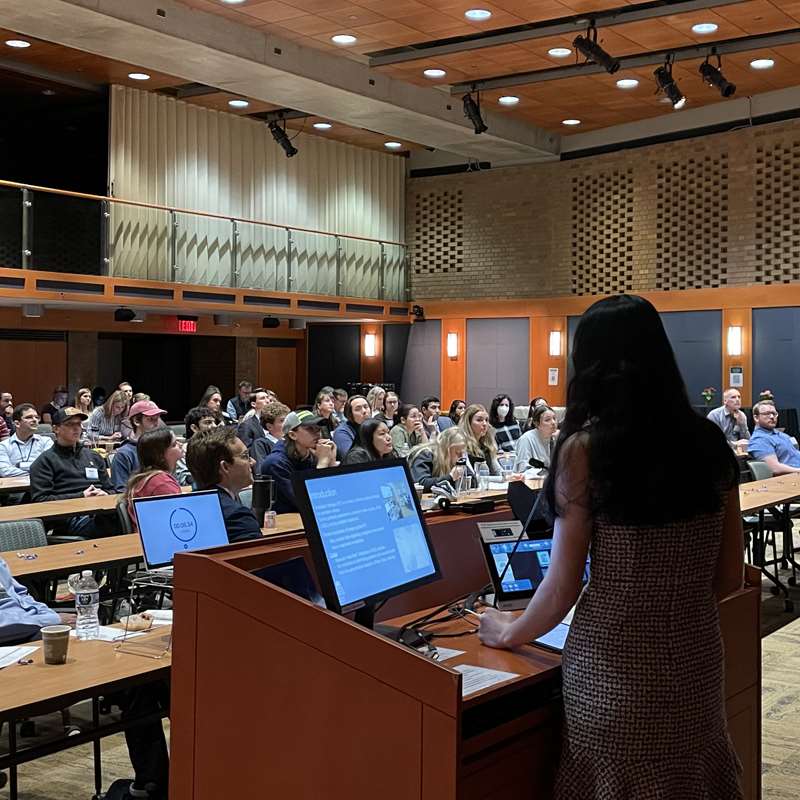Educational Opportunities
Learn about the educational and training opportunities for postdoctoral trainees.

Biobehavioral Oncology Training Program (BBOT)
Postdoctoral Fellowships
Scientific Teams Advancing Research Translation (START)
Annual Research Trainee Symposium
Trainee Travel Award
Fellowship Awardees

2025
2024
2023
2022

Trainee Symposium Celebrates Learners Who Are Pushing the Boundaries of Science
Nearly 50 cancer research trainees shared their recent research findings at the Cancer Center's annual symposium - an event designed to showcase the knowledge, curiosity and collaboration of tomorrow's cancer researchers.

Fellowships support postdocs at critical juncture in their educational careers
Postdoctoral students in basic, clinical, or population sciences have access to fellowships to help them advance independent research projects. The goal is to recruit and train the next generation of leaders in cancer research.

